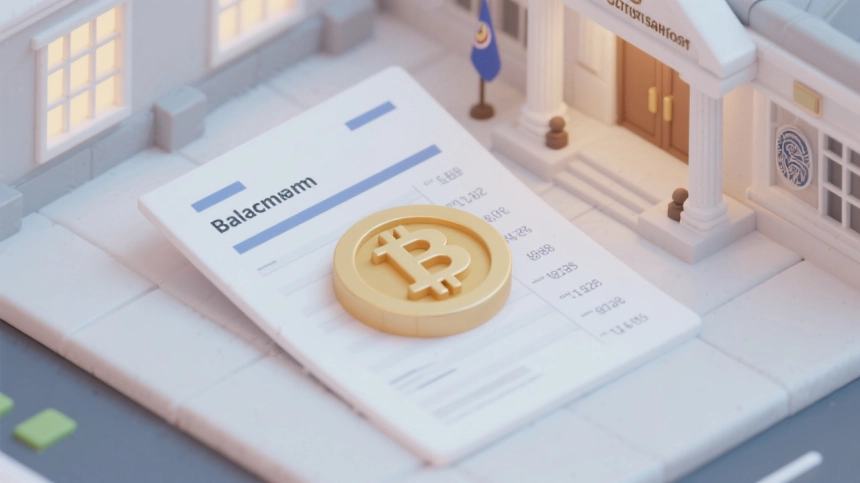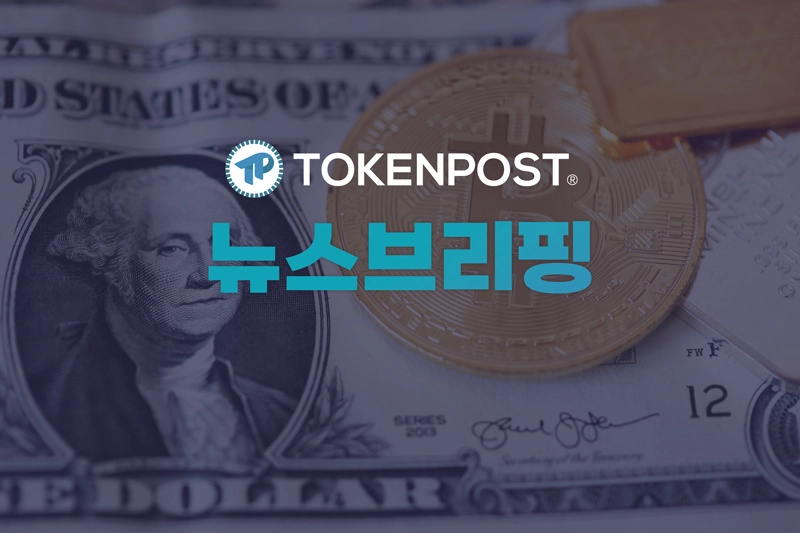Welcome to the Asia-Pacific Morning Brief—an essential summary of overnight cryptocurrency developments shaping regional markets and global sentiment. Grab a cup of green tea and stay tuned to this space.
DeFi's total value locked has reached pre-Terra levels, and the IMF has officially recognized cryptocurrencies in national accounts. Visa is expanding stablecoin support across multiple blockchains as institutional adoption accelerates with increasing regulatory clarity worldwide.
Is 'DeFi Summer' Returning… Total Value Locked (TVL) Back to Pre-Terra Levels
DeFi's total value locked has reached $180 billion, recording its highest point before the Terra collapse. The sector briefly exceeded $140 billion during trading sessions from July 28 to 30. This is the highest total value locked since the UST-LUNA crisis in May 2022.

Lending and staking services led recovery across major protocols. Aave has locked $34.05 billion in assets for lending operations. Lido follows with $33.619 billion in liquid staking services.
EigenLayer ranks third with a $18.029 billion restaking protocol. It remains uncertain whether this indicates a sustained DeFi revival. Market observers question whether the momentum can exceed the original summer of 2020.
IMF Accepts Cryptocurrencies in National Accounts
The International Monetary Fund (IMF) softened its stance on digital assets this week. The global regulatory body updated national wealth measurement standards to include Bitcoin and cryptocurrencies. The revised national accounting system classifies cryptocurrencies as "non-productive non-financial assets".
Countries will report cryptocurrency holdings on national balance sheets from 2029-30. These assets will be excluded from GDP calculations but officially recognized. This change reflects increasing adoption and potential financial stability impacts.
El Salvador stands to gain significantly from this policy change amid IMF negotiations. The country's over 6,000 Bitcoin holdings will now appear in official wealth statistics. This development represents a pragmatic institutional shift towards digital assets.
This framework modernizes economic data collection for the digital era. New guidelines also cover artificial intelligence, cloud services, and digital platforms. Regulatory bodies aim to balance financial innovation with systemic stability concerns.
Visa Expands Stablecoin Support Across Multiple Blockchains
Visa has added PayPal's PYUSD, Euro-supported EURC, and global dollar to its platform. The payment giant now supports Stellar and Avalanche blockchain networks. Users can send payments or convert stablecoins to fiat currency.
This expansion builds on existing USDC support across Ethereum and Solana. Visa has processed over $225 million in stablecoin transactions since 2023. Institutional interest surged after the GENIUS Stablecoin Act passed.
Mastercard reports 30% of transactions are already tokenized through cryptocurrency partnerships. JPMorgan and Bank of America are developing similar stablecoin infrastructure. Amazon and Walmart are exploring independent stablecoin issuance for cross-border payments.
The $256 billion stablecoin market attracts traditional financial and tech giants. Visa's May investment in BVNK signals deeper cryptocurrency infrastructure commitment. Cross-border transactions remain costly through existing payment networks.







